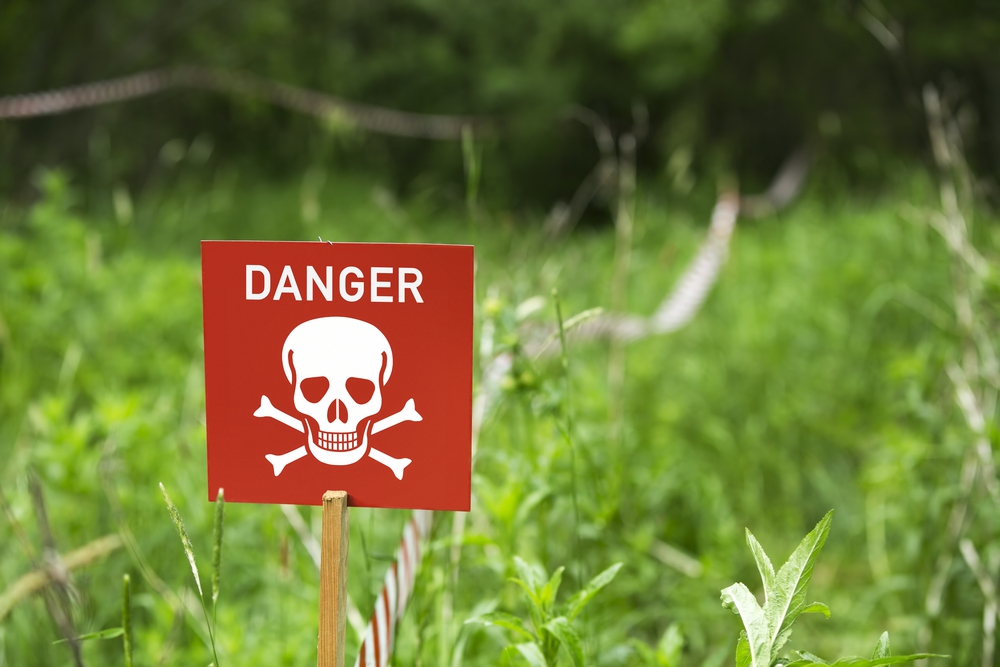They say that one man’s meat is another man’s poison. The environment that we live in is full of things that can become harmful to us in several ways. But whether they kill us or keep us alive depends on the way we acquire them and the dose we take them in.
Based on this principle, many chemicals besides the naturally available things have been utilized by man for their survival and development throughout their life time on Earth. So much so that poison has been commonly used in beauty culture over centuries! Belladonna or deadly nightshade is one such poisonous plant containing atropine, scopolamine and hyoscyamine that causes delirium but has its many uses. This has been popular among the maidens of early Italy for the ability of the juice of its berry to enlarge the ladies’ pupils, coining the name “Belladonna” to mean “beautiful lady”. It is not only famous for its beauty but also its pain relieving abilities. Not just in the past but today, the famous botox injection taken by many ladies to tighten their facial muscles includes a tiny dose of the deadly botulinum toxin that it loses its deadly nature but serves to rigidify the face muscles.
Likewise, we have been living safely among toxins by using our heads and technology for all this time. But there can be times when accidents could happen and we fall in to the mercy of their dreadfulness. That is why awareness of the poisons around us as well as what to do when they are ingested is important. Chemicals, medicines, animals and plants can be dangerous to people, even in small quantities, or can become poisonous if you are exposed to enough of them.
Common poisons that can be dangerous include:
Medicines : Prescription medicines; Over-the-counter (OTC) medicines; Herbal and homoeopathic products
Recreational substances and substances of abuse: Pharmaceuticals or illicitly produced for the purposes of intoxication; Alcohol; Sedatives and sleeping pills; Opioids and narcotics; Stimulants: caffeine; Amphetamines
Poisons at home: Cleaning products, such as bleaches, detergents; Pesticides and herbicides, such as insect sprays, baits, repellents, rat and mouse baits and pellets; Health and beauty products such as nail polish and remover, hair dyes, mouthwash, toothpaste, deodorant, perfume and aftershave; Fertilizer, pool chemicals, building products, paints and paint thinners, petrol, antifreeze and degreasers
Poisons at the workplace: Solvents, pesticides, paints, glues, acids, petroleum products
Animals: snakes; spiders; insects; cane toads; marine animals (stinging fish, blue-bottles, jellyfish, blue-ringed octopus, cone shells)
Plants: Trees; Flowers; Seeds and berries; Mushrooms and fungi; Sap of some plants
Preventive measures :
- Be aware of poisons in and around your home. Take steps to protect small children from toxic substances. Store all medicines, cleaners, cosmetics, and household chemicals out of reach of children, or in cabinets with childproof latches
- Be familiar with plants in your home, yard, and vicinity. Keep children informed. Remove any poisonous plants. Never eat wild plants, mushrooms, roots, or berries unless you are very familiar with them. Teach children, the dangers of substances that contain poisons. Label all poisons
- Do not store household chemicals in food containers, even if they are labeled so. Most nonfood substances are poisonous if taken in large doses
- If you think that industrial poisons might be polluting nearby land or water, report to the local health department or Public Health Inspector
National Poisons Information Centre of Sri Lanka is always ready to provide us with medical advice through poison help line at 0112 686 143
Anything can be toxic if we use it more than its limit. Therefore being aware of the poisons and how to act in an emergency situation is the best way to survive in this toxic world.
References: http://www.toxbaselanka.info/
Featured Image Courtesy of : https://media.mnn.com/assets/images/2016/02/danger-sign-plants.jpg.1080x0_q100_crop-scale.jpg

